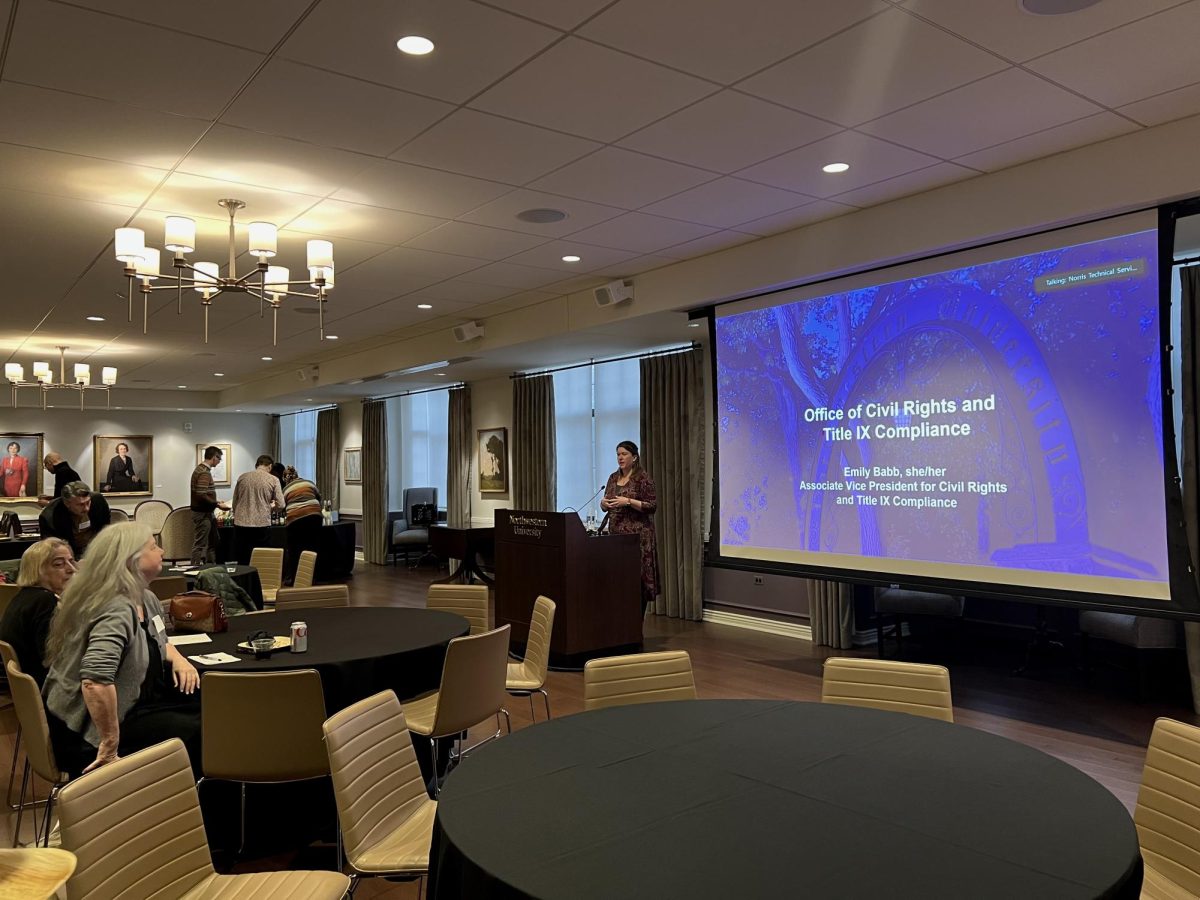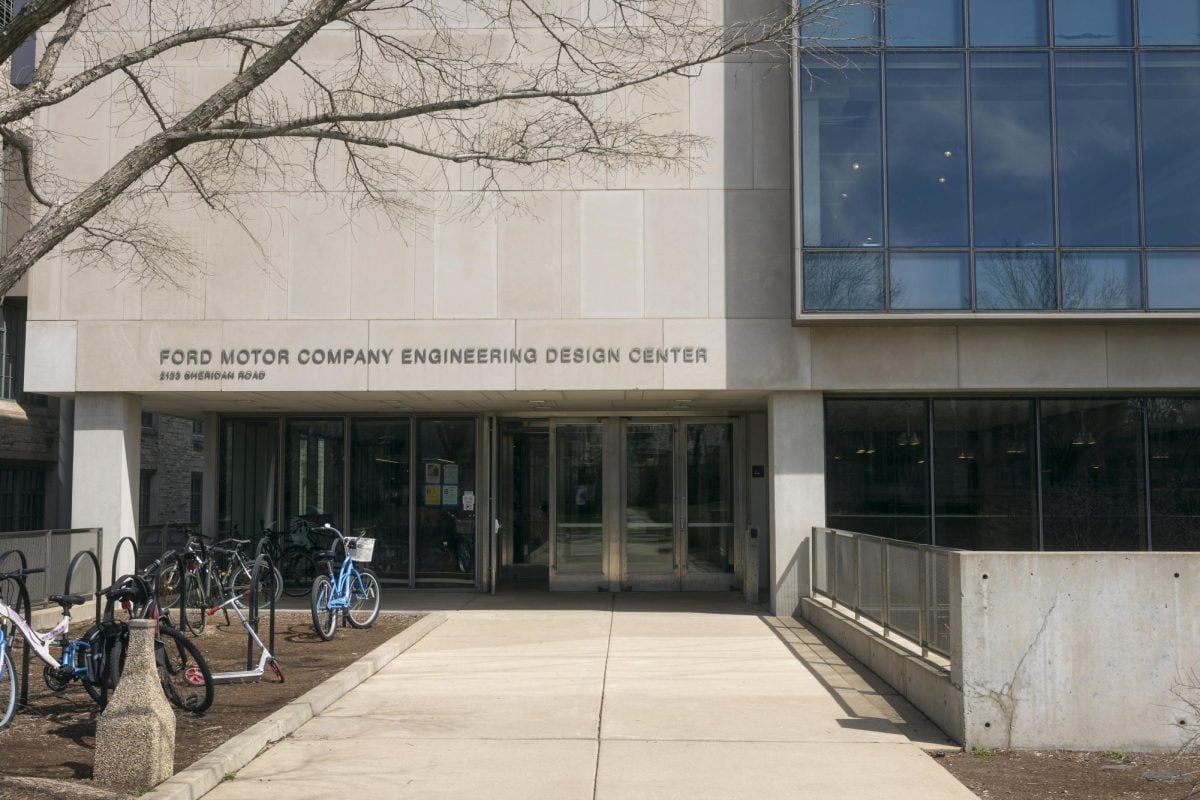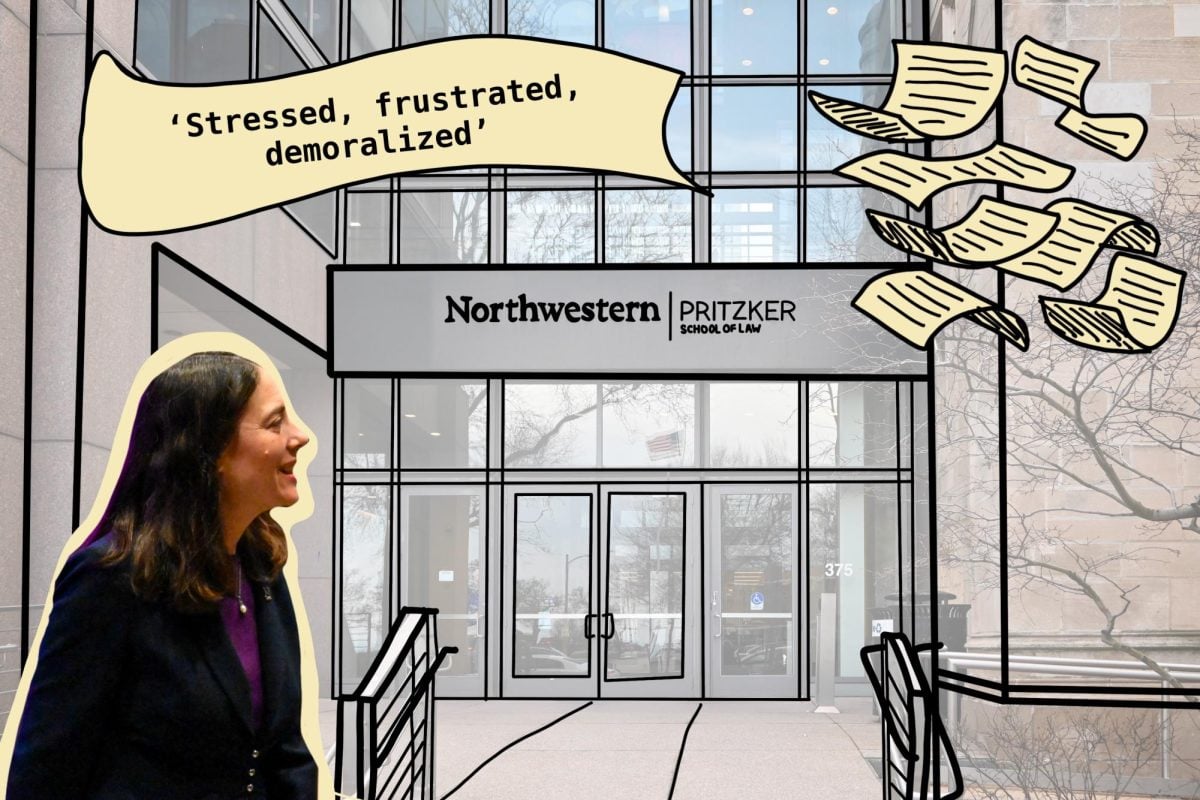In front of 4,000 students of the University of Michigan on Friday, President Barack Obama outlined a plan to reduce the costs of higher education - a proposal that could change future Northwestern students’ financial burden.
His plan, most of which would need Congressional approval, seeks to increase the amount of federal grant money and tie it directly to tuition policies. Obama also aims to make colleges responsible for checking rising tuition costs.
“You can’t assume you’ll just jack up tuition every single year,” Obama said in the speech. “We should push colleges to do better; we should hold them accountable if they don’t.”
Nationally, the average cost for tuition, mandatory fees and room and board rose 8.3 percent during the current academic year, according to Trends in College Pricing 2011, an annual report released by the College Board, and rose 4.5 percent at private four-year colleges and universities. NU’s costs increased 4.3 percent, while the national inflation rate for 2011 was 3.2 percent.
Much of the plan applies to public colleges that rely on taxpayer funding. He also called on Congress to freeze interest on federal student loans, double the number of work-study jobs available to students over the next five years and increase the amount available for Perkins - or federal low-interest – loans to $8 billion from the current $1 billion.
Weinberg freshman Laura Rozier said college costs were prohibitively expensive for many of her friends at home. She said the government has a responsibility to keep costs in check at public schools, but she is unsure about the government’s duty to keep private universities affordable.
“Colleges don’t have motivation to keep costs down,” she said. “Even if tuition is kept in check, they’ll always come up with other price increases because they have little financial incentive to keep costs down.”
NU economics professor Burton Weisbrod told Inside Higher Ed that although tuition may stay the same or decrease if mandated by the government, he predicts universities will increase student fees that were previously considered part of tuition.
“That begins a kind of cat-and-mouse game, which is the sort of thing that goes on in the whole regulatory environment all the time when organizations look for some way around regulatory constraint,” Weisbrod said in the article. “It’s how to succeed without really succeeding.”
In a media conference call Friday afternoon, U.S. Department of Education officials said details about how the plan would be funded would be included in Obama’s mid-February budget proposal. The officials also said the Perkins loan portion of the president’s plan would not cost more taxpayer money because students pay off the loans with interest.
“Colleges and universities have to act with much greater urgency and creativity to contain costs,” Secretary of Education Arne Duncan said. “They must hold themselves accountable for ensuring students get an education that really prepares them for success in the workplace.”
Medill freshman J.P. Bowgen said two of his best friends at NU frequently complain about their financial aid.
“It’s a bit of a contradiction: We’re lucky we’re in a private school because we can get so much financial aid compared to some at public schools,” he said.
NU caps federal need-based loans at $20,000. The average cumulative undergraduate debt at a four-year public institution is $23,146, according to finaid.org.
Officials said colleges would be rewarded by offering relatively lower tuition prices, providing value and serving low-income students.
Duncan said the country’s economy centers on providing students with high-quality, affordable educational opportunities.
“We have to educate our way to a better economy,” Duncan said. “We all have to work together.”







